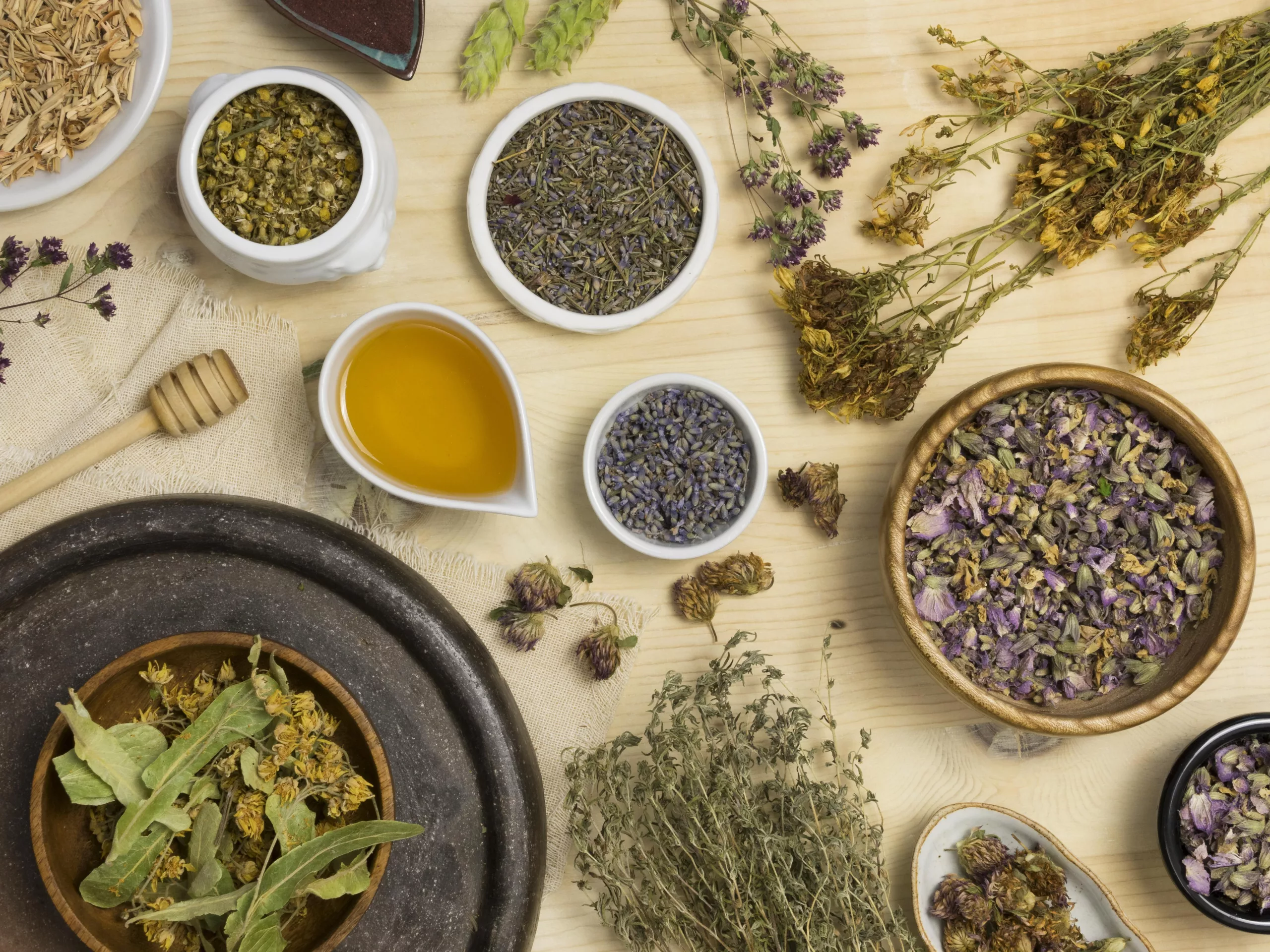Natural and Organic Toothpastes: Are They Worth It?
Natural and Organic Toothpastes: Are They Worth It?
Toothpaste is one of the most essential products for maintaining oral hygiene and preventing dental problems. However, not all toothpastes are created equal.
Some toothpastes contain synthetic ingredients that may have harmful effects on your health and the environment.
That’s why many people are switching to natural and organic toothpastes, which claim to be safer, healthier, and more eco-friendly.
But are natural and organic toothpastes really worth it? What are the benefits and drawbacks of using them? And how do you choose the best one for your needs?
In this article, we will answer these questions and help you make an informed decision.
What are natural and organic toothpastes?
Natural and organic toothpastes are toothpastes that are made from natural ingredients that are derived from plants, minerals, or animals. They do not contain any artificial colours, Flavors, sweeteners, preservatives, or other chemicals that are commonly found in conventional toothpastes. Some of the natural ingredients that are used in natural and organic toothpastes are:
– Fluoride
Fluoride is a mineral that helps to strengthen tooth enamel and prevent cavities. It is naturally found in some water sources, but it is also added to most conventional toothpastes. However, some people are concerned about the potential risks of fluoride exposure, such as fluorosis (a condition that causes white spots or stains on teeth), thyroid problems, or neurological disorders¹. Therefore, some natural and organic toothpastes do not contain fluoride, while others use natural sources of fluoride, such as green tea extract or xylitol².
– Abrasives
Abrasives are substances that help to remove plaque and stains from teeth. They are usually made from silica, calcium carbonate, baking soda, or charcoal. Abrasives should be gentle enough to avoid damaging tooth enamel or causing sensitivity. Some natural and organic toothpastes use abrasives that are derived from plants, such as coconut shell powder or bamboo powder³.
– Detergents
Detergents are substances that help to create foam and disperse the ingredients in toothpaste. They also help to remove bacteria and food particles from teeth. The most common detergent in conventional toothpaste is sodium lauryl sulfate (SLS), which is a synthetic surfactant that can cause irritation, dryness, or canker sores in some people⁴. Some natural and organic toothpastes use detergents that are derived from coconut oil, such as sodium cocoyl glutamate or sodium lauroyl sarcosinate⁵.
– Flavourings
Flavourings are substances that give toothpaste a pleasant taste and smell. They can be either natural or artificial. Natural flavourings are usually derived from essential oils, such as peppermint, spearmint, cinnamon, or clove. Artificial flavourings are usually synthetic chemicals that mimic the taste of natural ingredients. Some people prefer natural flavourings because they believe they are more beneficial for oral health and have fewer side effects than artificial ones.
– Preservatives
Preservatives are substances that help to prevent the growth of bacteria, fungi, or mould in toothpaste. They also help to extend the shelf life of toothpaste. The most common preservatives in conventional toothpaste are parabens, which are synthetic chemicals that can disrupt hormone balance and increase the risk of breast cancer. Some natural and organic toothpastes use preservatives that are derived from plants, such as grapefruit seed extract or rosemary oil.
Why go natural and organic?
There are several reasons why people choose to use natural and organic toothpastes over conventional ones. Some of the main reasons are:
– Health
Some people believe that natural and organic toothpastes are better for their health because they do not contain any harmful chemicals that can affect their overall well-being. They also believe that natural ingredients have more benefits for their oral health than synthetic ones. For example, some studies have shown that coconut oil has antibacterial and anti-inflammatory properties that can help to prevent gingivitis and reduce plaque formation. Similarly, some studies have shown that green tea extract has antioxidant and anticariogenic properties that can help to protect teeth from decay and erosion.
– Environment
Some people choose to use natural and organic toothpastes because they care about the environment and want to reduce their ecological footprint. They believe that natural and organic ingredients are more sustainable and biodegradable than synthetic ones. They also prefer to use products that are cruelty-free and vegan-friendly, meaning that they do not involve animal testing or animal-derived ingredients. Moreover, some people opt for zero-waste options, such as toothpaste tablets or tooth powder, which do not require plastic packaging or tubes.
– Personal preference
Some people simply prefer the taste, texture, or appearance of natural and organic toothpastes over conventional ones. They may find natural flavourings more appealing or refreshing than artificial ones. They may also like the feeling of natural abrasives or detergents on their teeth and gums. Additionally, some people may have allergies or sensitivities to certain ingredients in conventional toothpastes, such as SLS, parabens, or artificial colours, and may find natural and organic toothpastes more suitable for their needs.
What to look for?
When choosing a natural and organic toothpaste, there are several factors that you should consider. Some of the most important ones are:
– Ingredients
You should always read the label and check the ingredients list of any toothpaste that you buy. You should look for natural and organic ingredients that are certified by reputable organizations, such as USDA Organic, Ecocert, or COSMOS. You should also avoid ingredients that are known to be harmful or controversial, such as SLS, parabens, triclosan, or microbeads. You should also choose ingredients that suit your oral health condition and preferences. For example, if you have sensitive teeth, you may want to avoid abrasives that are too harsh or detergents that are too foamy. If you have cavities, you may want to use a toothpaste that contains fluoride or other cavity-fighting agents. If you have stained teeth, you may want to use a toothpaste that contains whitening agents, such as baking soda or charcoal.
– Effectiveness
You should also evaluate the effectiveness of any toothpaste that you use. You should look for evidence that the toothpaste can clean your teeth, prevent plaque and tartar buildup, fight bacteria and bad breath, whiten your teeth, and protect your enamel and gums. You should also look for reviews from other users who have tried the toothpaste and shared their experiences. You should also consult your dentist about the best toothpaste for your oral health condition and follow their recommendations.
– Price
You should also consider the price of any toothpaste that you buy. Natural and organic toothpastes tend to be more expensive than conventional ones because they use higher quality ingredients and have stricter standards of production. However, price does not always reflect quality or effectiveness. You should compare different brands and products and find the one that offers the best value for your money. You should also look for discounts, coupons, or offers that can help you save some money.
Conclusion
Natural and organic toothpastes are toothpastes that are made from natural ingredients that are derived from plants, minerals, or animals. They do not contain any artificial colours, Flavors, sweeteners, preservatives, or other chemicals that are commonly found in conventional toothpastes. Many people choose to use natural and organic toothpastes because they believe they are better for their health and the environment. However, not all natural and organic toothpastes are created equal. Some may be more effective, safer, or cheaper than others. Therefore, when choosing a natural and organic toothpaste, you should always read the label and check the ingredients list, evaluate the effectiveness and reviews of the product, consult your dentist about your oral health condition and preferences, and compare different brands and prices.
We hope this article has helped you understand what natural and organic toothpastes are and how to choose the best one for your needs. If you want to learn more about natural and organic toothpastes or other oral hygiene products, please visit our website at [toothpastes.co.uk](^1^). We offer a wide range of information and resources on natural and organic oral care products that can help you improve your smile and your health.
Sources:
(1) 9 Best Natural and Organic Toothpastes, According to Dentists – Allure. https://www.allure.com/gallery/best-natural-organic-toothpaste.
(2) Natural Toothpaste | SLS-Free Organic Toothpaste | Green People UK. https://www.greenpeople.co.uk/collections/bc-organic-natural-toothpaste.
(3) 10 Best Natural Toothpastes for Plaque, Gingivitis & Cavities – Healthline. https://www.healthline.com/health/dental-and-oral-health/natural-organic-toothpastes.
(4) 10 Best Natural Toothpastes in India You Need to Try. https://stylesatlife.com/articles/best-natural-toothpastes/.
(5) Best Natural And Organic Toothpaste – Greener Choices. https://www.greenerchoices.org/best-natural-organic-toothpaste/.
(6) 9 Best Natural and Organic Toothpastes, According to Dentists – Allure. https://www.allure.com/gallery/best-natural-organic-toothpaste.



Leave a Reply